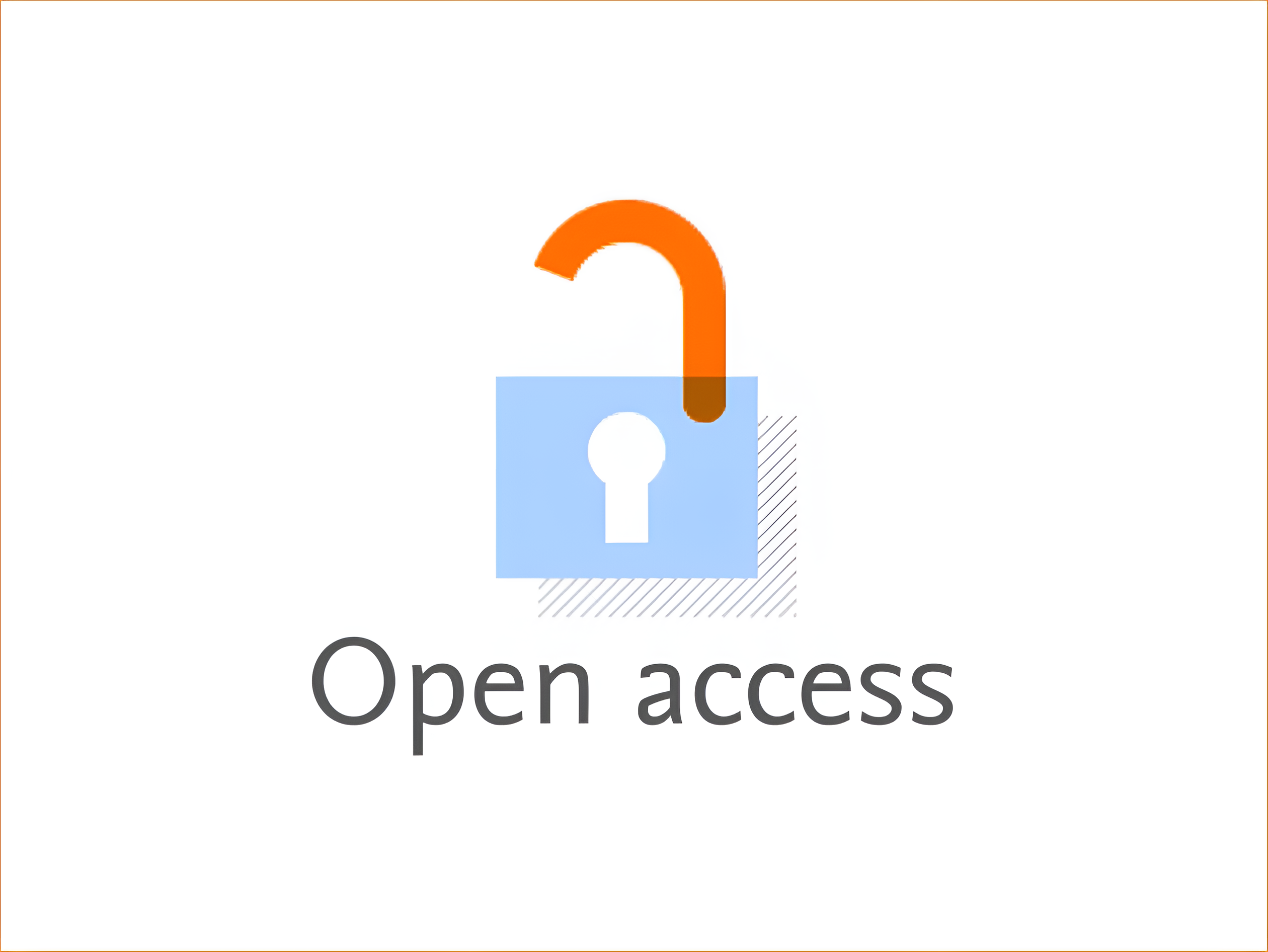AN EXHAUSTIVE EXAMINATION OF THE INFLUENCE OF THE INTERNET ON STUDENTS’ MORAL, SOCIAL, AND SPIRITUAL VALUES FROM THE EDUCATORS’ VIEWPOINT.
Keywords:
Internet, Students, Influence, Moral-Value DisarrayAbstract
The internet has both positive and negative impacts on those who utilise it. The risks of internet addiction have been well-documented. One negative outcome of addiction is the effect it has on people’s ability to communicate, collaborate, and manage their anxieties. Studies have shown that spending too much time online might have negative effects on mental and physical health. As if that weren’t bad enough, those who spend all day or even five hours online also waste a lot of time. As a result, students become more reliant on technology and realistic in their approach to completing homework. A person’s health, relationships, and employment prospects are just a few areas that suffer as a result of excessive internet use. Negative effects on one’s physical, mental, psychological, and social health may result from unrestricted internet use. An example of inappropriate internet usage would be any of the negative consequences listed above. Internet use in the classroom becomes problematic when students find it difficult to complete their assignments without it. They are not developing morally or intellectually because they are too glued to the internet. Considering the above, it’s not hard to see how people might be impacted positively or negatively by the internet. It all comes down to mindset and goals when it comes to internet use—whether for good or harm. Because it is merely a medium for people to communicate and share information, the Internet’s use is totally discretionary. The results will be assessed by people who are part of the intended audience.






